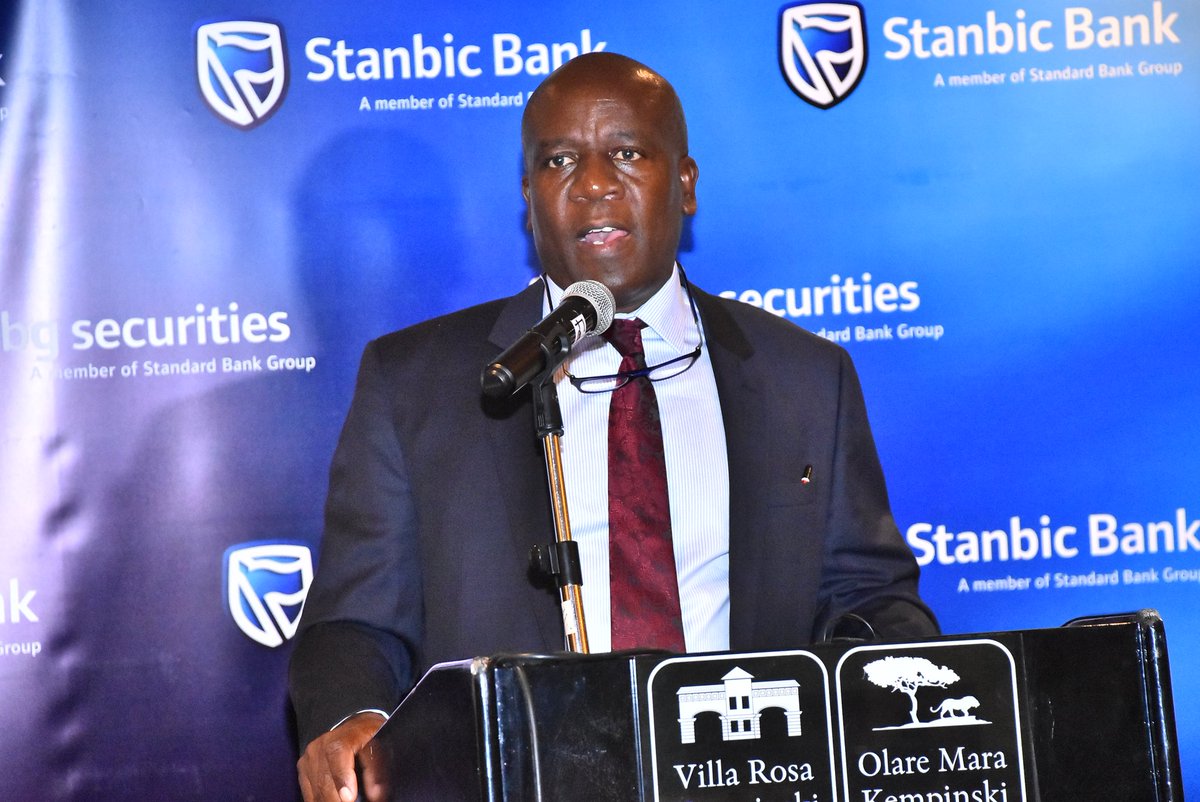Stanbic Bank Kenya on Friday reported a 30% decrease in profits after tax for the nine months ended September 30, 2020, to Ksh3.6 billion from Ksh 5.1 billion reported at a similar period the previous year.
As a result, Stanbic Bank raised its loan loss provisions by 76% to Ksh2.9 billion compared to the Ksh1.7 billion captured in 2019 to ensure adequate provision of future potential credit losses.
The lender’s assets grew to Ksh317.8 billion compared to Ksh294.3 billion reported the previous year.
Customer deposits grew by 18% to Ksh226 billion compared to Ksh191.2 billion the previous year.
To cushion its clients against the ravaging effects of the COVID-19 pandemic, Stanbic Bank also restructured and provided moratoriums to clients on 23% of the client loans book.
During the comparable periods under review. Stanbic Bank cut its operating expenses by 23% from Ksh9.99 billion to Ksh7.74 billion.
The group’s interest income fell to Ksh14.5 billion compared to Ksh15.4 billion year on year which Chief Executive Charles Mudiwa attributed to the bank’s move to lower interest charged on loans following the Central Bank of Kenya (CBK’s) lead in dropping its reference rate by 100 bps as a COVID-19 intervention measure.
Non- interest income also dipped to Ksh7.1 billion down from Ksh8.8 billion year on year.
Announcing the Q3 results, CEO Mudiwa said, “2020 has been a challenging year for everyone including our clients, so we made an intentional decision to walk the journey with them and financially cushion them against the adverse effects of the COVID- 19 Pandemic.
Mudiwa explained that customers have been encouraged to use digital platforms for transactions as they observed Ministry of Health protocols.
This combined with a lower trade finance activity occasioned by a general slowdown in the economy contributed to a 31.4% drop in mobile transaction fees and commissions line.
Sharing the bank’s outlook Mr. Mudiwa stated, “Our financial results in the first three quarters have been impacted by the COVID-19,”
“As our clients begin to chase a rebound strategy in recovering economy, we are confident that with our strong capital-liquidity ratios, we are well-positioned to support them find innovative ways to make their dreams possible,” he added.
See Also>>>> The Rebecca Mbithi Effect: Not Even COVID Can Smother Family Bank’s Profits








![Parliament in a past session. [Photo/Parliament of Kenya/Facebook]](https://businesstoday.co.ke/wp-content/uploads/2026/02/Parliament-Kenya-200x143.webp)



Leave a comment